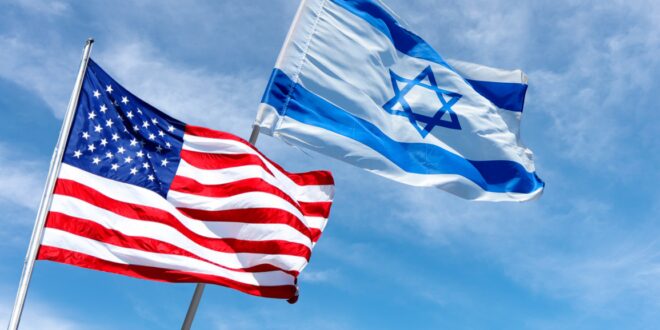How did Washington react to Ismail Haniyeh’s assassination and how does this bode for its stated goal of regional de-escalation?
The assassination of Hamas political leader Ismail Haniyeh on Wednesday has thrown further uncertainty over ceasefire negotiations between Hamas and Israel, with Haniyeh having long played a key role in Hamas’s civilian diplomacy.
Israel’s top ally, the United States, has responded by denying prior knowledge or involvement in the attack likely carried out by Tel Aviv.
“This is something we were not aware of or involved in. It’s very hard to speculate,” US Secretary of State Antony Blinken told Channel News Asia (CNA) in Singapore.
Blinken added that the US would “continue to labour” for a ceasefire.
“It’s vitally important to help end the suffering of Palestinians in Gaza. It’s vitally important to get the hostages home, including a number of Americans,” he said.
However, the move comes just days after Israeli Prime Minister Benjamin Netanyahu returned from Washington, where he met with US leaders and delivered an address to lawmakers in Congress.
The latest escalation by Tel Aviv comes amid continued US claims that it is working for a ceasefire, while seemingly doing little to restrain Israel’s war and regional escalation.
The Biden administration has come under international pressure for appearing to do little to contain Israel, while the far-right government of Benjamin Netanyahu has accused Washington of not doing enough to help the war.
Israel acts, US reacts?
Prior to Wednesday, much focus had been on a potential escalation between Israel and Hezbollah, with Israel striking a Beirut neighbourhood and killing senior Hezbollah commander Fuad Shukr, as well as three civilians.
Ahead of the strike, Washington was reportedly leading a diplomatic dash to deter Israel from striking the Lebanese capital or major infrastructure.
On Tuesday, it was also reported that the US and UK were moving warships around the Eastern Mediterranean towards Lebanon.
According to the London-based Daily Telegraph, the USS Wasp, USS New York, and USS Oak Hill are en route to Lebanon, carrying some 2,200 soldiers.
Tuesday also saw US Defence Secretary Lloyd Austin reiterate Washington’s commitment to back Israel against Hezbollah in the event of an escalation
“If Israel is attacked, yes, we will help Israel defend itself. We’ve been clear about that from the very beginning. But again, we don’t want to see that happen,” Austin told reporters in the Philippines.
The response, consistent with the Biden administration’s previous expressions of concern about a broader conflict breaking out, placed no conditions for support for Israel.
Green-lighted by Washington?
While the US has long considered Hamas a terrorist organisation, it has not publicly endorsed Israel’s policy of assassinating its political leaders.
In 2004, when Hamas founder Sheikh Ahmad Yassin was killed in Gaza City by an Israeli missile strike, Washington issued a statement of concern similar to that given by Blinken on Wednesday.
“The White House and the State Department both said Monday that the United States was concerned by Israel’s assassination of Hamas founder Ahmed Yassin in the Gaza Strip and insisted that Washington had no warning of the attack,” spokesman Richard Boucher said at the time.
The killing of Haniyeh — a civilian considered to be a moderate pragmatist within Hamas — would also appear to run contrary to Washington’s stated aim of working for a ceasefire.
Even during the course of the war, Haniyeh had expressed support for a two-state solution with Israel — a position that Washington has paid lip service to for decades.
“Political assassinations and continued targeting of civilians in Gaza while talks continue leads us to ask, how can mediation succeed when one party assassinates the negotiator on the other side?” Qatari Prime Minister Sheikh Mohammed bin Abdulrahman Al Thani wrote on X.
Notably, the opening of a Hamas office in Qatar, where Haniyeh normally resided, was carried out on Washington’s instructions to provide channels of communication with the Palestinian group.
However, the course of the war has shown a stark contrast between Washington’s stated policies and its actions with regards to Israel and its actions in the Middle East.
While calling for protection of civilians, the Biden administration has secretly approved arms sales to Israel. Washington has also used its UN Security Council veto to scupper ceasefire resolutions, while also objecting to actions against Israel and its leaders at the ICJ and ICC.
It remains to be seen whether the US did indeed play a role in Thursday’s assassination of Haniyeh, and whether it will continue to grant Israel a free hand in regional escalation.
 Eurasia Press & News
Eurasia Press & News




